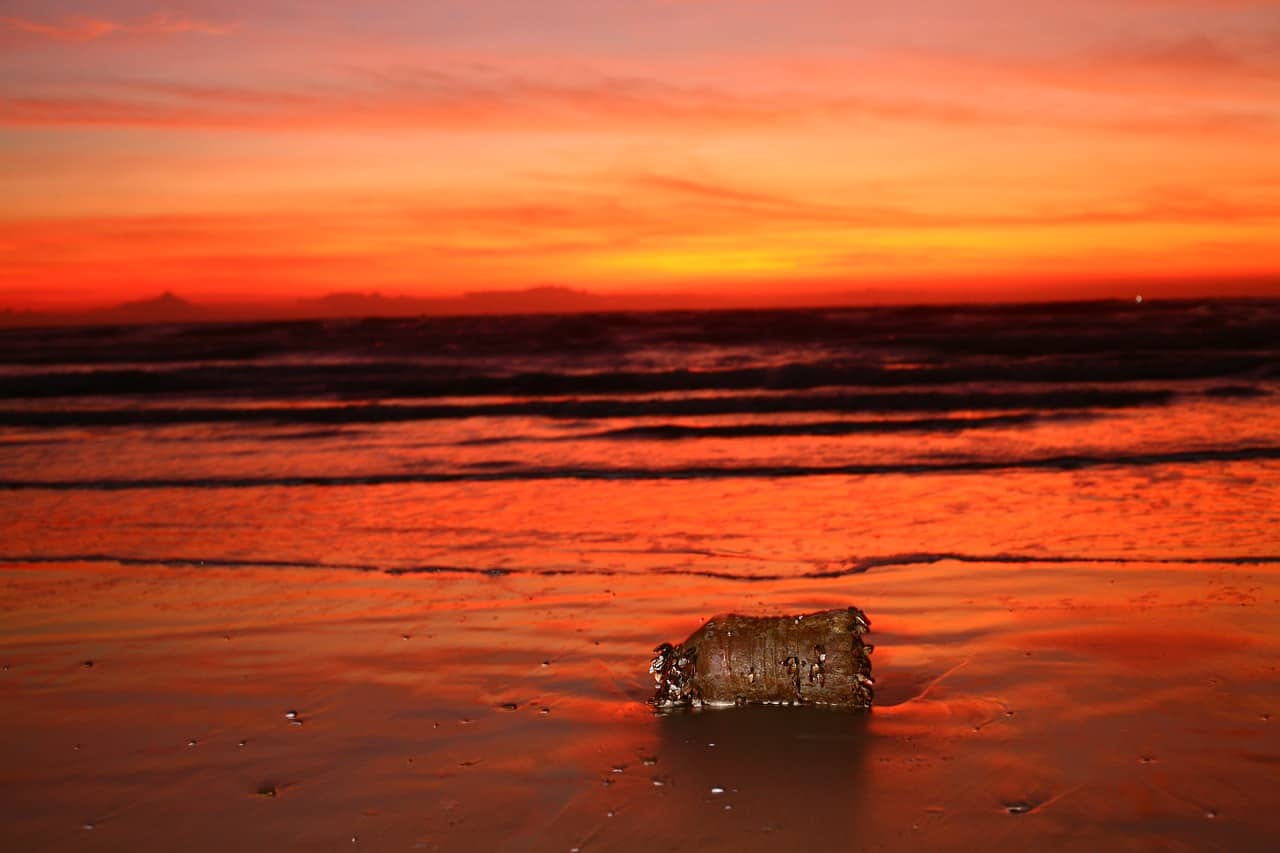Considering the current antibiotic crisis and the rise of superbugs, it is essential to look for alternative sources of novel antibiotics.
Trillions upon trillions of pieces of plastic, large and small, pollute our oceans, posing a grave threat to marine ecosystems. Worse still, up to 13 million metric tons of plastic waste continues to end up in the oceans each year: anything from large floating debris to microplastics.
Some of this vast pollution can come in handy, however, because microbes clinging to floating plastic waste can form entire ecosystems, scientists say.
“Plastic debris is rich in biomass and therefore could be a good candidate for antibiotic production, which tends to occur in highly competitive natural environments,” says a new student-led team of scientists who have been working in collaboration with the Scripps Institution of Oceanography.
In studying the potentials of plastic waste in the ocean to be a source of novel antibiotics, the researchers modified the Tiny Earth citizen science approach to marine conditions by incubating high- and low-density polyethylene plastic, which is commonly in shopping bags, in ocean water near Scripps Pier in La Jolla, California, over a three-month period.
The researchers isolated five antibiotic-producing bacteria from plastic waste, including strains of Bacillus, Phaeobacter and Vibrio. They then tested the bacterial isolates “against a variety of Gram positive and negative targets, finding the isolates to be effective against commonly used bacteria as well as 2 antibiotic resistant strains,” they explain.
“Considering the current antibiotic crisis and the rise of superbugs, it is essential to look for alternative sources of novel antibiotics,” stresses Andrea Price, a researcher at National University in San Diego, California. “We hope to expand this project and further characterize the microbes and the antibiotics they produce,” Price adds.
Although the project is still in its initial phase, it could potentially yield new antibiotics against various disease-causing pathogens. If and when that happens, plastic waste in the oceans will finally have some benefit, however marginal compared to the grave harm it inflicts on the environment.
This story first appeared on Sustainability Times
Photo: Pixabay/sergeitokmakov
© 2022 Sustainability Times.
This article is licensed under a Creative Commons Attribution-ShareAlike 4.0 SA International License.












